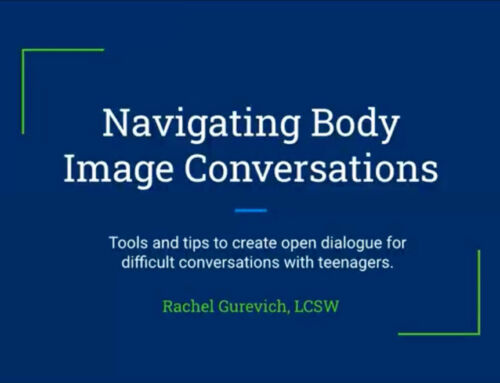By Kim Kennemer, Education Coordinator CLE Austin
Why Use Accommodations?

Kat A from CLE Austin explained how the note-taking accommodation help hers.
“During lectures, it’s hard for me to filter all of the information so I miss important stuff. When I get notes, I can focus on listening for key points.”
Common Misconceptions
Most students like accommodations because the support helps them keep up. However, one student, who wishes to remain anonymous, said he just recently started accepting supports: “During class in high school, I was told that my test was waiting for me in the learning center, and from then on people started making fun of me, assuming I was stupid. Now, I use email to request this accommodation, so people can’t judge me.”

Common in post-secondary school, is the incorrect notion that curriculum is simplified for students with disabilities. Modifications change what is learned (modified curriculum) and accommodations as we know, do not. Post-secondary students are not allowed modifications because that would compromise the integrity of the degree earned.
Accommodations Level the Playing Field, Not Change it
Often, during my time as a teacher, I heard “I don’t use accommodations because I want to earn my grade like everyone else.” My response often included the Race Car A vs Race Car B analogy:
Race Car A moves at 100 mph and all equipment is intact. Race Car B tops out at 50 mph due to accelerator malfunction. The first car to complete one lap wins. Which car would you choose?
I also heard, “if you want to earn the grade like everyone else, then you need competitive equipment!” APA explains that “providing accommodations does not compromise the elements of a course; nor do they weaken the academic standards as long as the supports are based on the documentation provided.” Such documentation includes psychoeducational assessments by board-certified psychologists. Dr. Tali Shenfield of Child Psychology Resources in Ontario, stated “these reports enable the school to make accommodations…and the specific interventions depend on the child’s profile…according to the recommendations found within the report.” In college, accommodations are only granted if there is a need based on a documented disability and the support provided must level the playing field, not change it.
| Instructional Accommodation | Instructional Modification | |
|---|---|---|
| EXPLANATION | Changes how content is
Accommodations DO NOT change what the student is expected to master. The objective of the course/activity remain intact. |
Also changes how content is
Modification DO change what the student is expected to master. Course/activity objectives are modified to meet the needs of the learner. |
| EXAMPLES |
|
|
Know Your Rights!
The Americans with Disabilities Act is a “law that prohibits discrimination against individuals with disabilities…it ensures that people with disabilities have the same rights and opportunities as everyone else,” (ADA). If you have disclosed your disability to your school, then they are responsible to provide reasonable accommodations and it is your right to use them. If you would really like to “stick it to the stigma,” the best way is to educate others about the true purpose of accommodations.
So, spread the word!








